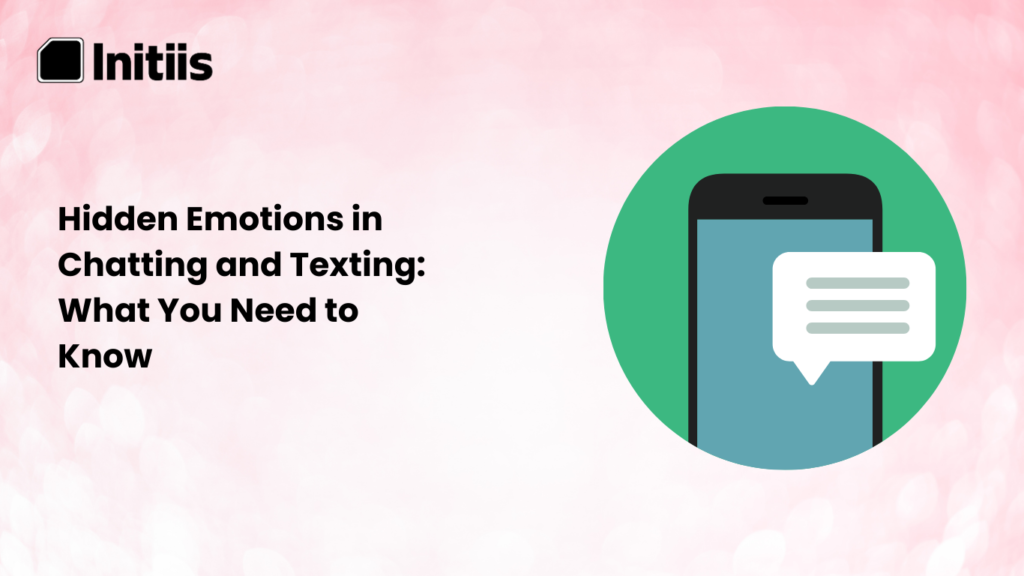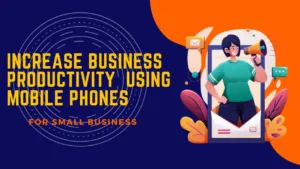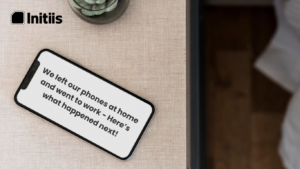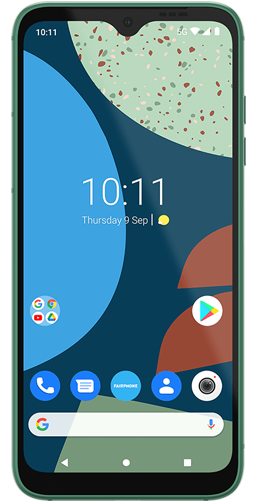“Hey there! how are you?” That sounds like a nice way to start a conversation. But what happens when you don’t get a response soon? and even worse, you’ve been left on seen (Anxiety triggered)
Chatting is almost like talking in person, it reduces the emotions to an extent but they are still present and may carry the further tone of the conversation. Around 75% prefer to use live chat over any other communication method. Our daily comm with family and friends, dating or work and businesses, all run on chats because it’s efficient and easy.
With chats integrated into our life, It’s important to know how it affects our mood or mental health. Hyperconnectivity with work or friends may be exciting and convenient but it can take a toll on our mental and emotional well-being which is increasingly getting important.
Understanding the psychology of texting will help us optimise our life quality, and will make our conversations more meaningful. And not to forget, knowing our behaviours and patterns while chatting can make us realise how to maintain a balanced and effective relationship when we’re texting.
Overwhelming expectations: Read receipts, blue ticks and online visibility.
With read receipts on, everyone knows whether you’ve read a message or if it has been delivered or not. This causes some problems:
- We expect the respondent to reply as soon as it has been read.
- As text receivers, we get a little anxious to reply when the message is seen.
- When the message is seen and not responded to, it implies that you’re too busy to respond or you’re ignoring the other person or worst case – you just don’t care.
- We make our own assumptions about the behaviour of other people without knowing the whole situation.
Things get more serious when it’s a new relationship or you’re trying to build rapport with your new boss.
Social Isolation and Anxiety
With thousands of chats online, you might feel isolated in real life. Everything is easy on chat and it does not require much effort. and when things get awkward, we have an easy way out and nobody to judge.
Reality is different. There is an awkward silence, and it takes more effort to have a real conversation with people. So with chats an alternative we tend to avoid having real conversations. This behaviour leads to social isolation.
Nomophobia and unhealthy emotional attachment
The No-mobile Phobia or fear of missing out is a major problem. It’s official! We cannot live without our phones. Leave a phone for one day and you will have this fear or anxiety that you are missing out on stuff like family updates, daily news updates and work communication.
With online connectivity, we cannot really take a break from everything. We are still emotionally and mentally connected with our work, family and friends; even when we’re on a break or on vacation. This constant contact gives us a lot of benefits. But staying connected too much can cause an unhealthy amount of attachment to our phone.
Now that we know all the problems, let’s deconstruct ourselves to develop better habits.
Monitor your habits and behaviour.
First things first, you need to know how deep in the water you are. Monitor how much screen time you use in total. And then see after what time interval you have an impulse to check your phone. How long can you leave it in the drawer without thinking about it?
Get rid of nomophobia: Deal with anxiety positively
Channel your anxiety elsewhere and don’t worry about calls and texts. Everything is fine. The workplace didn’t burn down. There hasn’t been any crisis at home and the world is not ending…yet.
- Start with a time limit.
- Take a few hours where you will not use your phone.
- Turn it off after 10 pm if possible.
- Start with small steps and feel the difference yourself. The best way is to have a separate work phone.
Let your friends and colleague respond at their own pace.
While we deal with our online behaviour, it’s important to give others time. We need to have tolerance and acceptance of when people respond. We cannot change how others expect us to behave, we must create tolerance for others as well.
At the workplace, respond to texts related to work only.
At the workplace you want to have a fast response rate but only within working hours. When you’re not at work, respond to urgent messages only.
What if others consider it rude?
Sometimes you have to respond, even when you don’t want to. You have to be considerate of other person’s feelings and the conditions they’re in.
If you have time to see the message, it’s best to respond to it in some way at least. Maybe leave a reaction or a thumbs-up emoji. However, it is completely okay not to respond if you want to take your time. You can apologise later. What it does, is that it removes all the assumptions the sender had in their mind.
Maintain balance and boundaries.
If you won’t, who will?
When we reply instantly even when we don’t want to, we’re not prioritising our mental health which is the most important factor when maintaining a healthy lifestyle and healthy relationships.
Set your own boundaries and decide how available you want to be. We often make ourselves too available all the time, developing unhealthy emotional attachments and when things change, it causes a lot of trouble for us.
Make sure you’re talking more to people that are around you rather than being online.
Be in the present. Make the most out of it. Don’t think about what’s going on elsewhere unless it is an important issue. If you’re around people, it’s best to interact with them. This helps in overcoming social anxiety and isolation. Lastly, partake in more activities that involve other people.
Give your phone a break, Talk to real people. Listen to their stories and tell them yours.
Give Yourself An Edge.
Speaking of stories, have a peek at ours. We care about mental health because it is affected by technology and ultimately affects business and our personal lives. It’s time to make things simple.
For further queries contact us at info@initiis.co.uk







